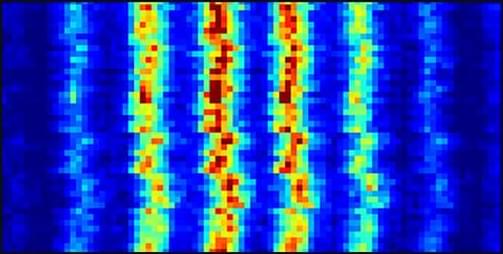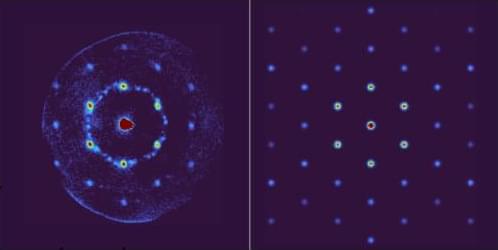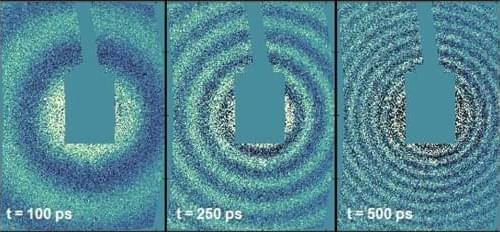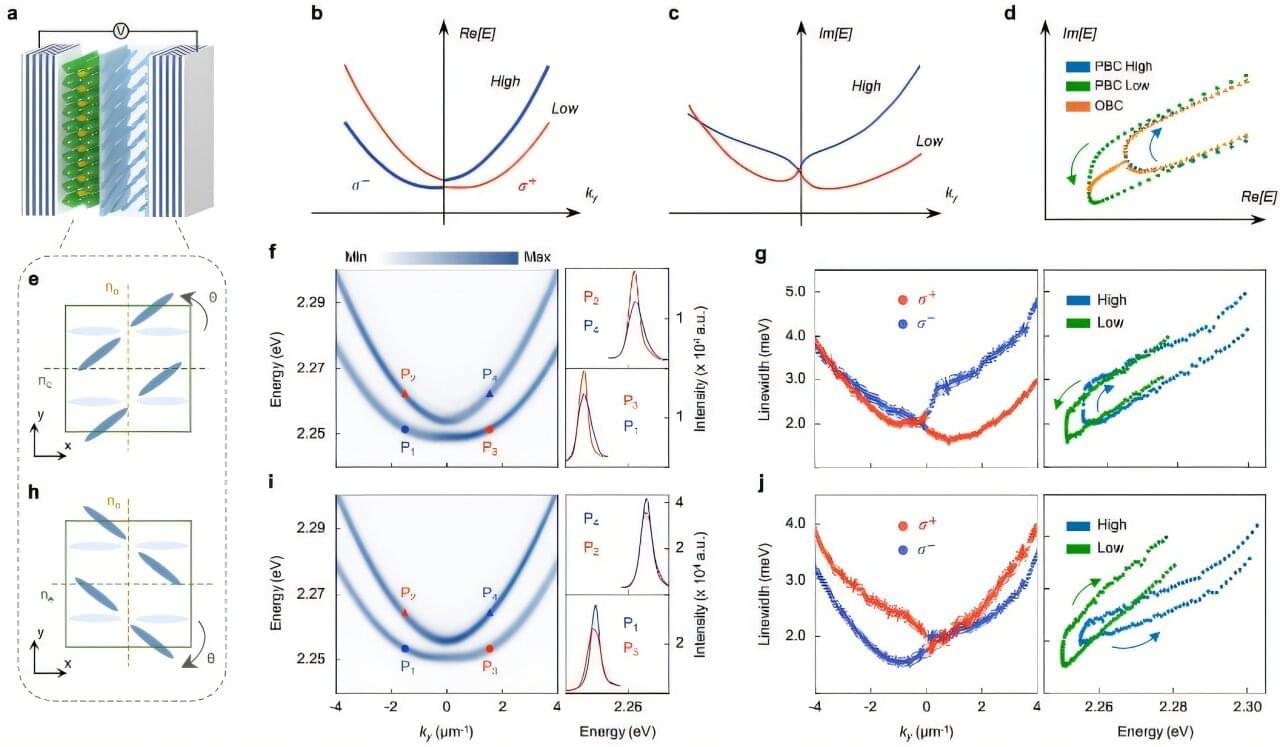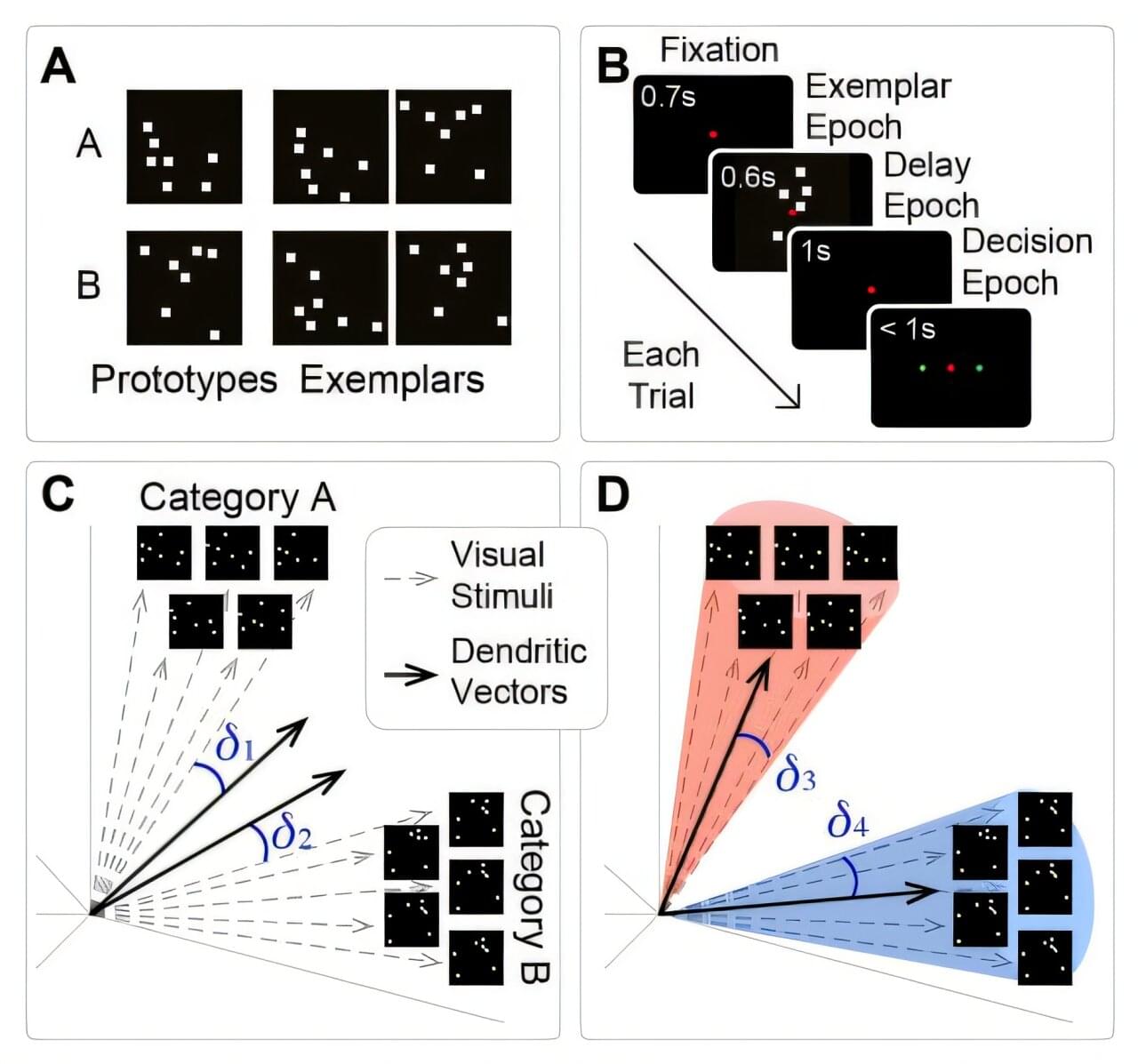Mode locking—a laser technique that revolutionized optical physics—has been extended to x rays, producing stable trains of attosecond pulses with unprecedented phase coherence.
X-ray free-electron lasers (XFELs) have transformed the study of matter by delivering femtosecond and attosecond pulses at angstrom wavelengths, enabling direct observation of ultrafast structural and electronic dynamics. Despite these successes, XFELs have long lacked a capability central to precision optical science: stable temporal phase coherence. Most XFEL facilities operate in the self-amplified spontaneous-emission (SASE) regime, in which radiation originates from microscopic shot noise in an electron beam. This mechanism produces extremely bright pulses, but shot-to-shot fluctuations in their temporal structure limit their use in phase-sensitive experiments useful for metrology, interferometry, and ultrafast spectroscopy [1].
